No compensation for prisoners denied the vote, rules ECHR
But Strasbourg upholds previous ruling that blanket ban on prisoners voting is unlawful
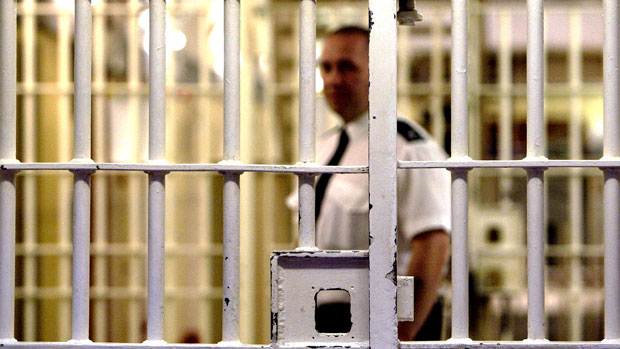
A free daily email with the biggest news stories of the day – and the best features from TheWeek.com
You are now subscribed
Your newsletter sign-up was successful
The European Court of Human Rights (ECHR) has ruled that prisoners in the UK are not entitled to damages because they are denied the right to vote, but is upheld its earlier ruling that the blanket ban breaches prisoners' human rights.
All prisoners in the UK, regardless of the seriousness of their crime, have been barred from voting in both local and parliamentary elections since 1969. Both the last Labour government and the coalition have been unsuccessful in introducing a change to the law ordered by the European court over a decade ago, the BBC reports. So how did the country's ongoing battle with the Strasbourg Court over prisoner's votes come about?
Why did the ECHR rule the blanket ban to be unlawful?
The Week
Escape your echo chamber. Get the facts behind the news, plus analysis from multiple perspectives.

Sign up for The Week's Free Newsletters
From our morning news briefing to a weekly Good News Newsletter, get the best of The Week delivered directly to your inbox.
From our morning news briefing to a weekly Good News Newsletter, get the best of The Week delivered directly to your inbox.
In 2002, the Grand Chamber of the European Court of Human Rights ruled that denying prisoners the vote was unlawful and contravened its convention. International law requires the UK to comply with the convention that it signed in 1950. The court clarified that the ability to vote was a fundamental human right that should be extended to all citizens. The convention has been respected by most European countries, where at least a portion of prisoners are allowed to vote. Campaigners have argued that the responsibility of voting and taking an interest in the political future of the country helps prisoners to reintegrate into society.
What did the court propose?
While the ECHR ruled the blanket electoral ban to be unlawful, it did leave room for British judges to deny the vote to rapists or murderers on a case-by-case basis. It said the UK should set forward a proposal on how it would go about amending its legislation.
Who is against the ruling and why?
A free daily email with the biggest news stories of the day – and the best features from TheWeek.com
The belief that voting is a not a right but a privilege which is lost after committing a crime seems to extend across all major parties. Labour Shadow Justice Secretary Sadiq Khan has said his party's policy has always been that prisoners should not be given the vote. "Committing a crime so serious that a judge has deprived you of your liberty means you should also lose the ability to vote in elections," he said, according to the Government's draft proposal.
David Cameron has said that prisoners "damn well shouldn't" receive the vote and that the thought made him feel "physically sick", the Daily Telegraph reports. He told parliament, "I am very clear about that. … No one should be in any doubt. Prisoners are not getting the vote under this Government."
Many Conservatives have also criticised the Strasbourg court for what they see as its "growing encroachment" into domestic matters, the BBC reports. Cameron last year promised to "clip the wings" of the ECHR.
So what happens now?
In December last year, a cross-party committee of MPs and peers issued a recommendation that prisoners serving less a year's sentence should be allowed to vote. It said that those guilty of the most "heinous crimes" should be denied the right.
It is now up to parliament to decide whether it will comply with the ECHR's ruling in entirety, offer a compromise, or directly defy Europe's highest court by continuing to impose a blanket ban on voting in prisons.
Europe's most senior human rights commissioner told the UK to withdraw from the Council of Europe if it decided to ignore the ruling. "My message is clear", Niels Muižnieks told the Guardian. "The Court's judgments have to be executed and the automatic and indiscriminate ban on voting rights for prisoners should be repealed."
-
 Bonfire of the Murdochs: an ‘utterly gripping’ book
Bonfire of the Murdochs: an ‘utterly gripping’ bookThe Week Recommends Gabriel Sherman examines Rupert Murdoch’s ‘war of succession’ over his media empire
-
 Gwen John: Strange Beauties – a ‘superb’ retrospective
Gwen John: Strange Beauties – a ‘superb’ retrospectiveThe Week Recommends ‘Daunting’ show at the National Museum Cardiff plunges viewers into the Welsh artist’s ‘spiritual, austere existence’
-
 Should the EU and UK join Trump’s board of peace?
Should the EU and UK join Trump’s board of peace?Today's Big Question After rushing to praise the initiative European leaders are now alarmed
-
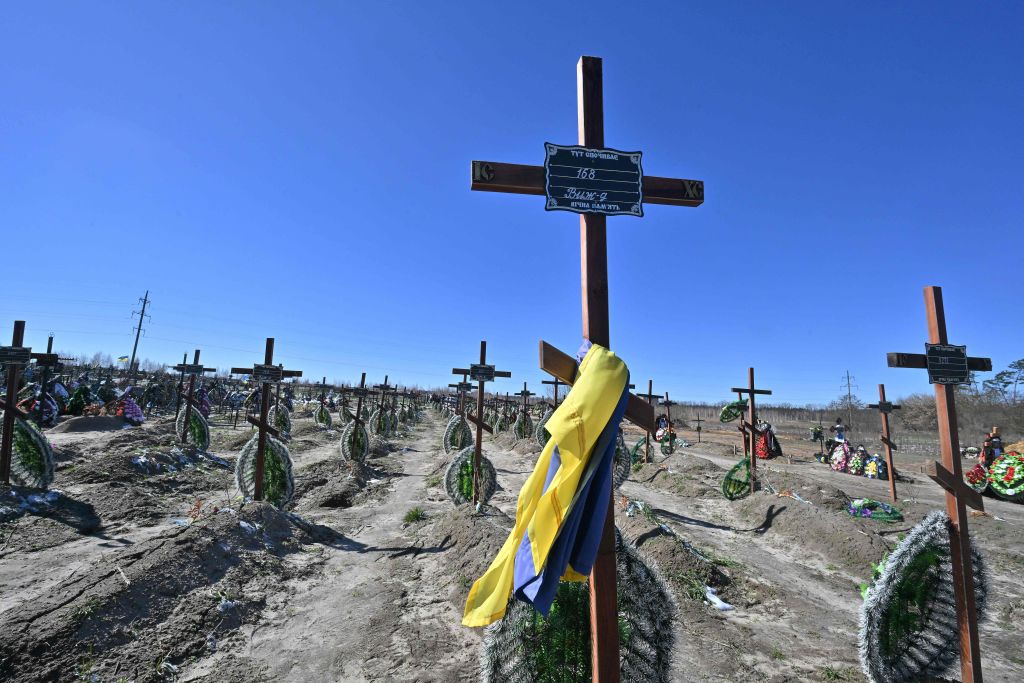 Inside Russia's war crimes
Inside Russia's war crimesSpeed Read Occupying forces in Ukraine are accused of horrific atrocities. Can they be held accountable?
-
 ‘Leaders must charm and show empathy’
‘Leaders must charm and show empathy’Instant Opinion Your digest of analysis from the British and international press
-
 ‘Brittney Griner is suddenly ensnared in a geopolitical chess game’
‘Brittney Griner is suddenly ensnared in a geopolitical chess game’Instant Opinion Your digest of analysis from the British and international press
-
 ‘The tide will turn against the Tories unless they build more homes’
‘The tide will turn against the Tories unless they build more homes’Instant Opinion Your digest of analysis and commentary from the British and international press
-
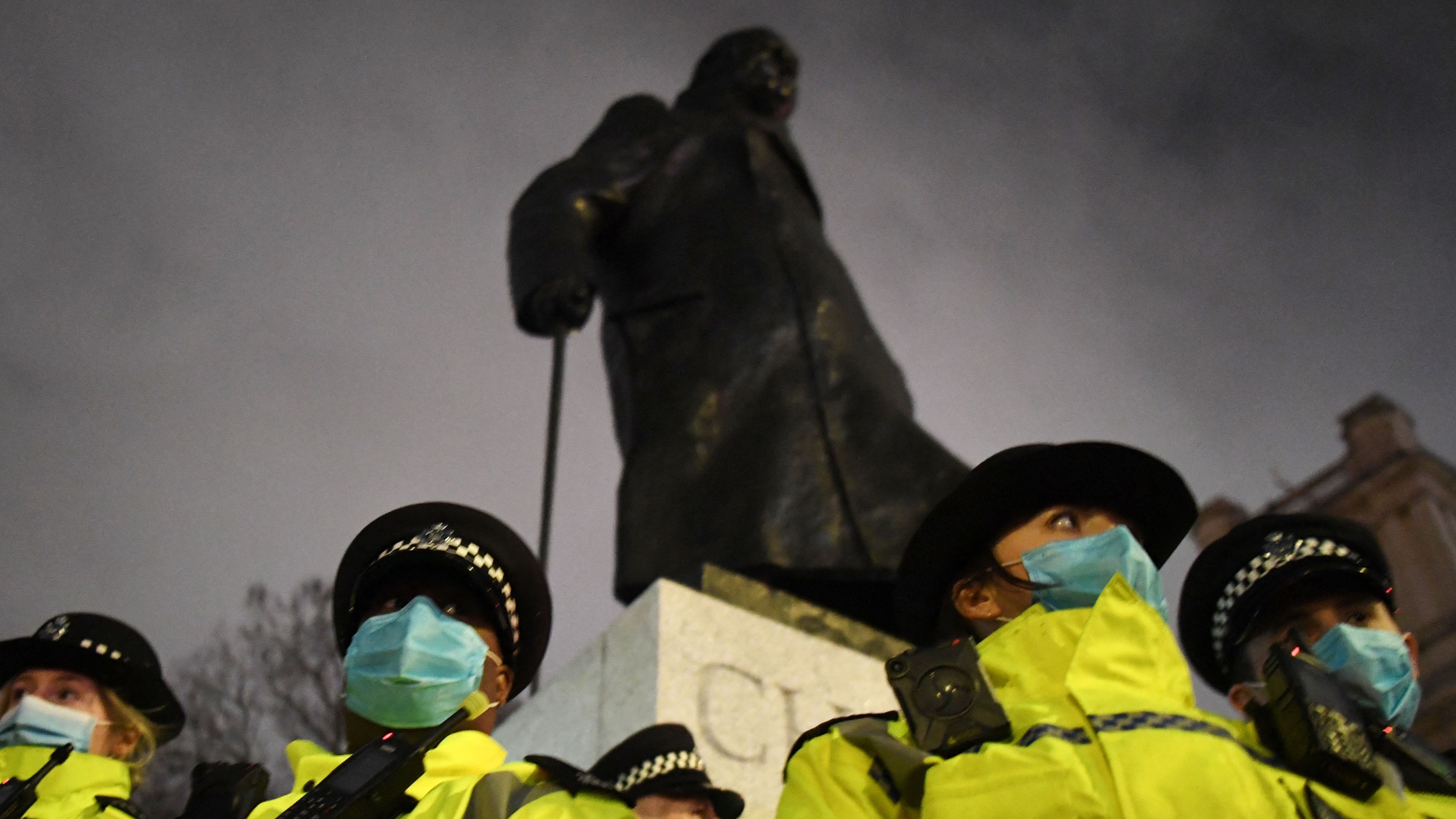 ‘A society preoccupied with national symbols is an insecure one’
‘A society preoccupied with national symbols is an insecure one’Instant Opinion Your digest of analysis and commentary from the British and international press
-
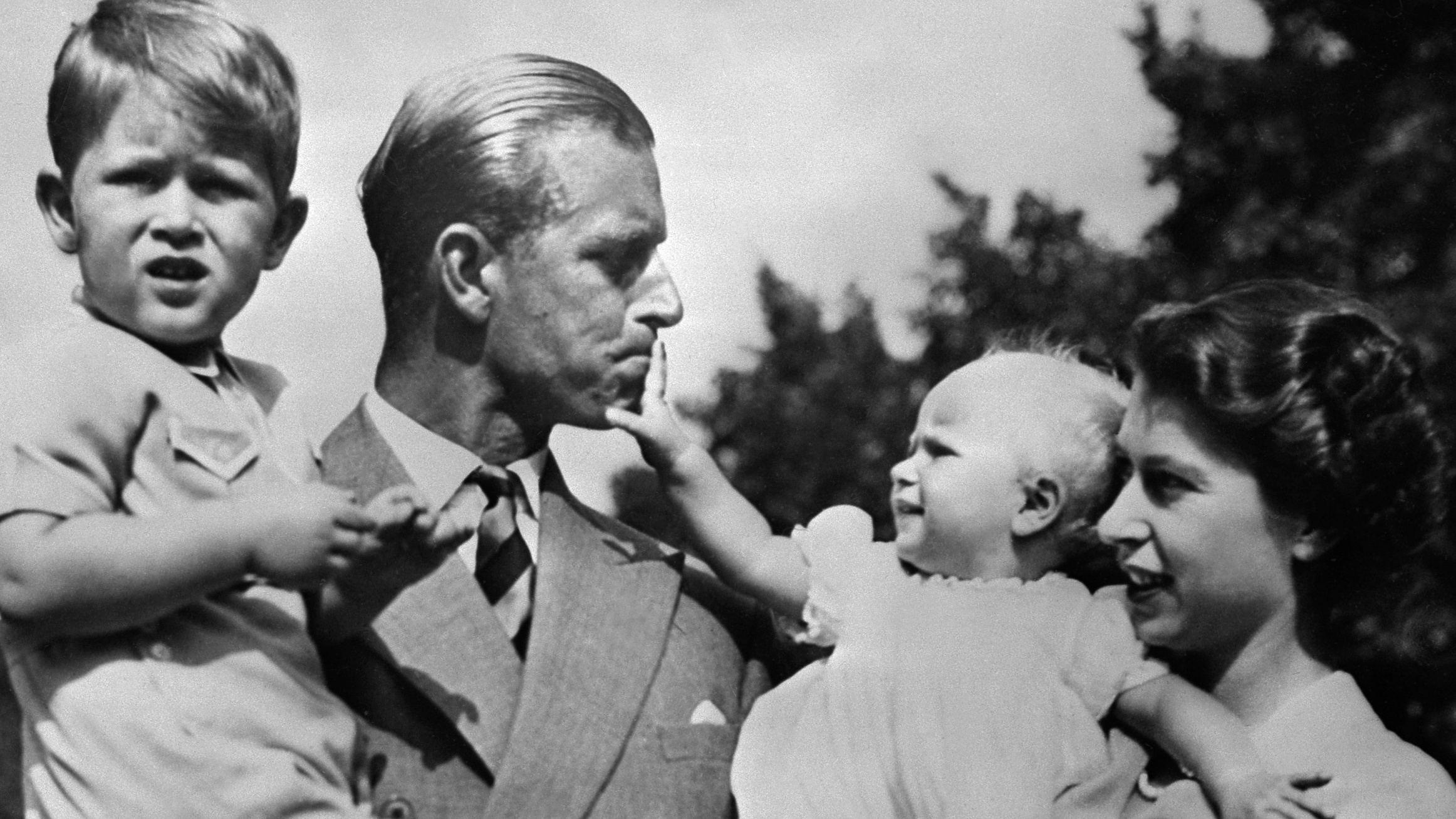 ‘The assumptions of postwar politics are crumbling’
‘The assumptions of postwar politics are crumbling’Instant Opinion Your digest of analysis and commentary from the British and international press
-
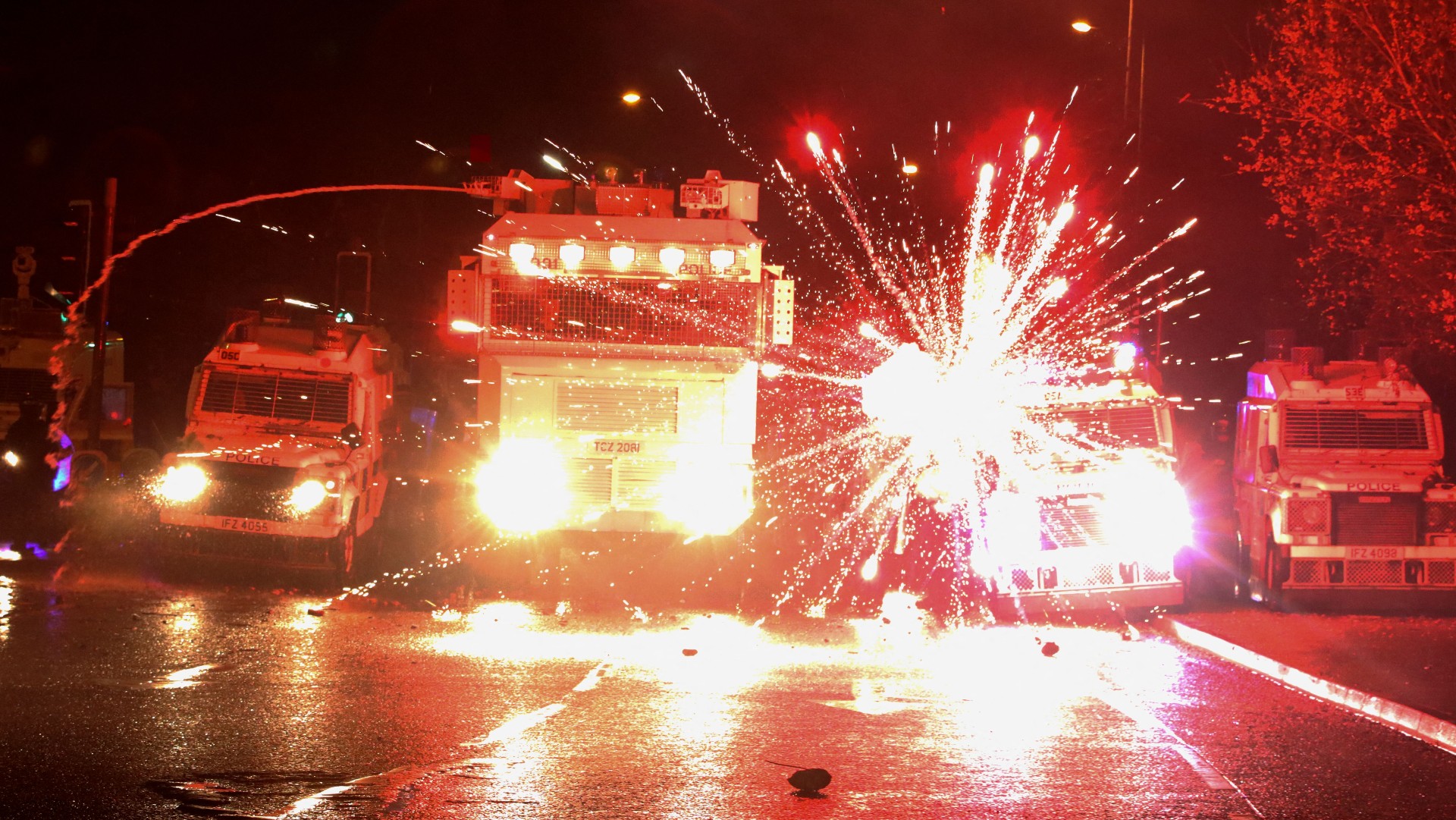 ‘The UK government’s union problems are mounting on all fronts’
‘The UK government’s union problems are mounting on all fronts’Instant Opinion Your digest of analysis and commentary from the British and international press
-
 ‘Thousands of children in care are at risk due to Brexit’
‘Thousands of children in care are at risk due to Brexit’Instant Opinion Your digest of analysis and commentary from the British and international press